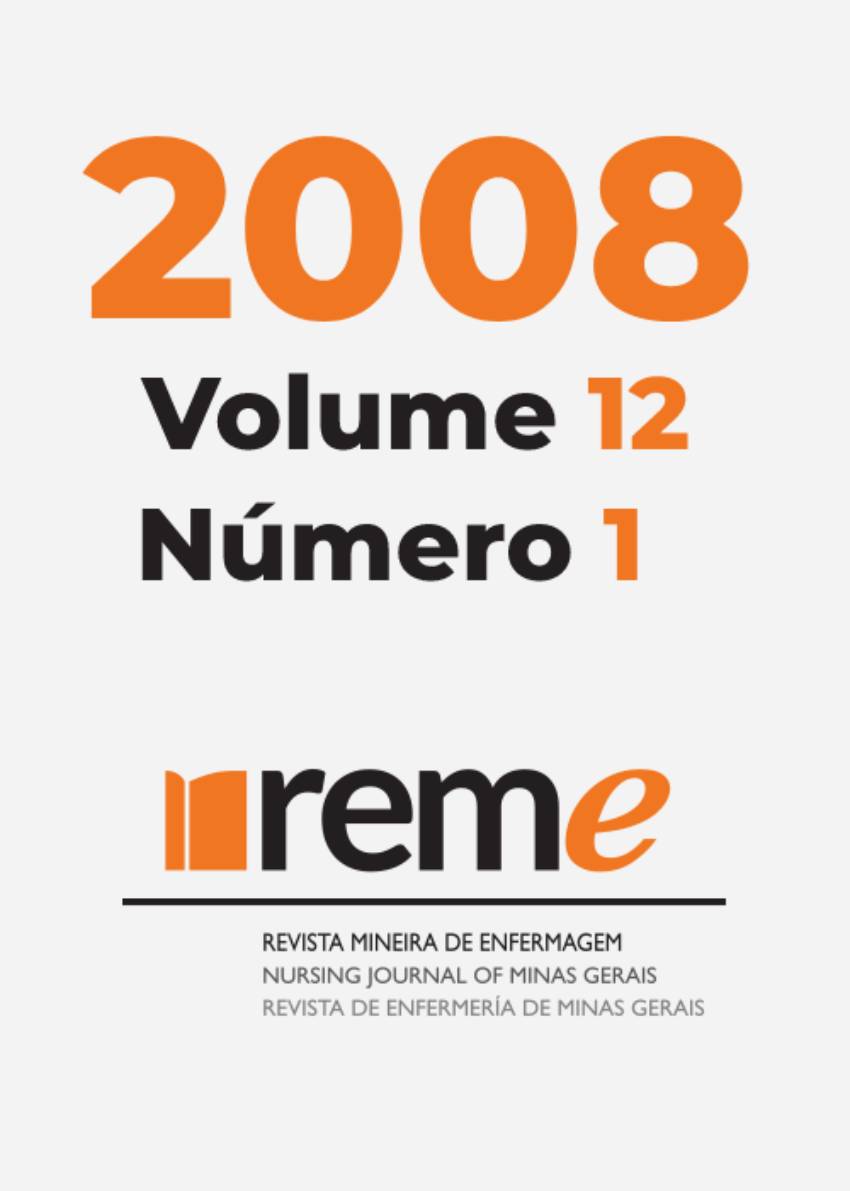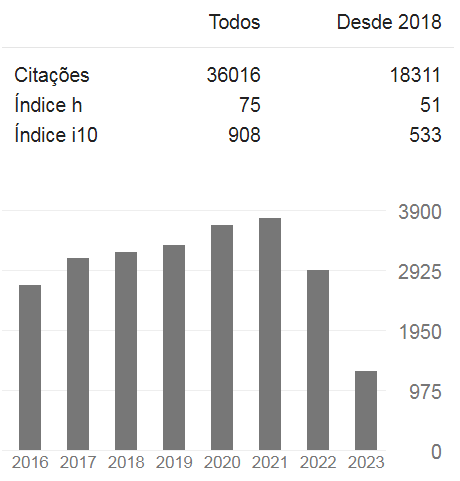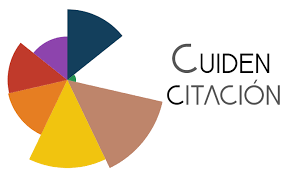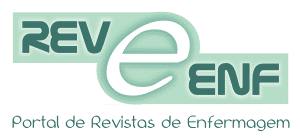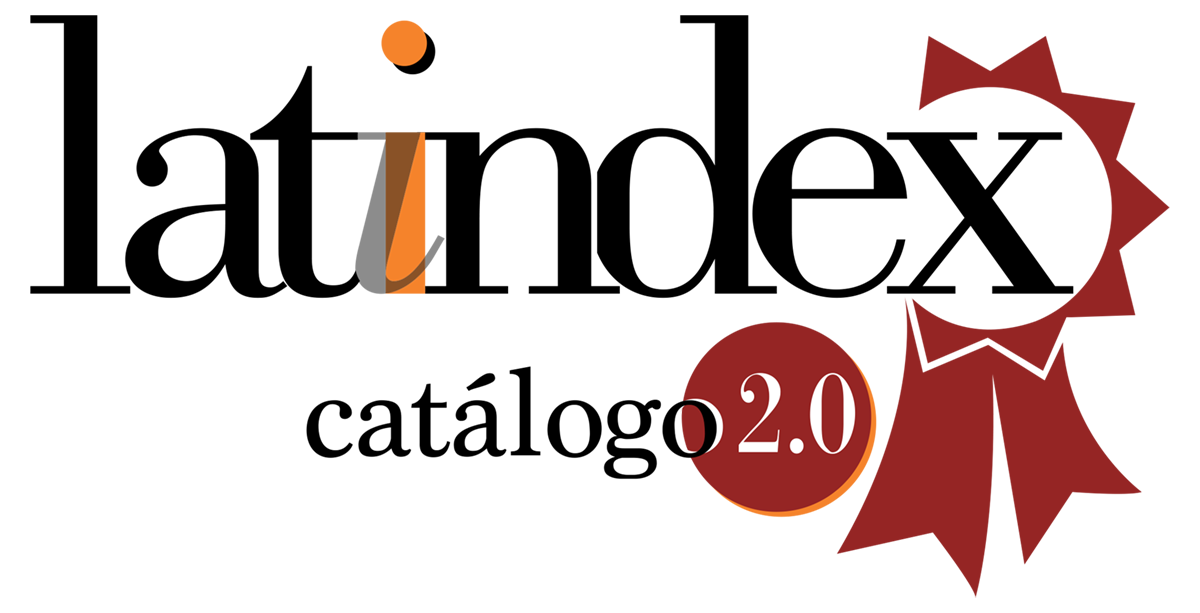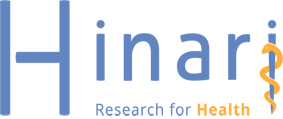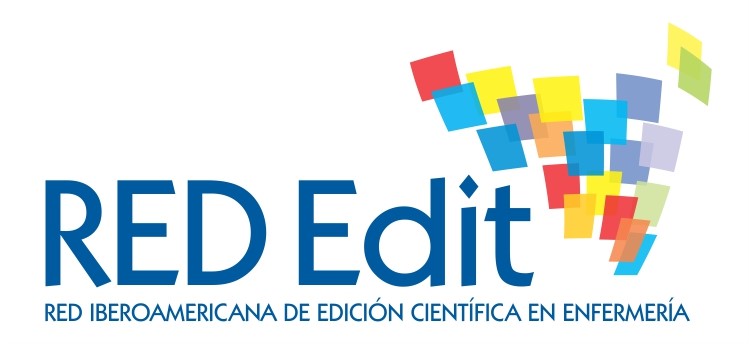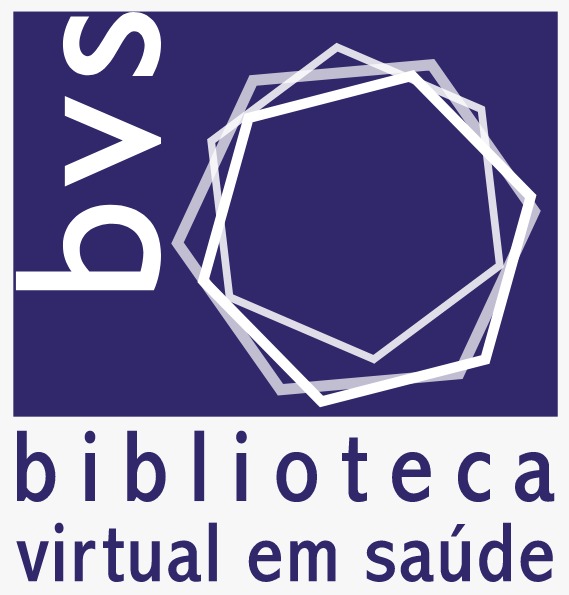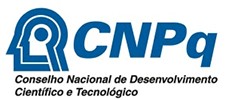Space and gender: the daily life of residents of a schistosomiasis endemic area in the Jequitinhonha Valley
Keywords:
Schistosomiasis, Activities of Daily Living, Gender Identity, SpaceAbstract
The objective of this study was to understand the practices of families living in an endemic area for schistosomiasis in the Jequitinhonha Valley, State of Minas Gerais, Brazil as well as the roles and expectations of individuals from the point of view of gender and related to the social, cultural and economic context. Semi-structured interviews were used with 6 families and a total of 43 people. The results showed that the day-to-day practices of individuals are closely related to the way family members structure the conditions and resources to their survival. The risk of infection is determined by economic, cultural and social factors that influence the space structure, the relationship between man and environment and the social relations that occur in the micro space of the family context and also in the opposition between men and women.Downloads
Download data is not yet available.
Published
2008-03-01
How to Cite
1.
Gazzinelli A, Penna CM de M, Batista G, Gazzinelli MF. Space and gender: the daily life of residents of a schistosomiasis endemic area in the Jequitinhonha Valley. REME Rev Min Enferm. [Internet]. 2008 Mar. 1 [cited 2024 Jun. 30];12(1). Available from: https://periodicos.ufmg.br/index.php/reme/article/view/50641
Issue
Section
Research

